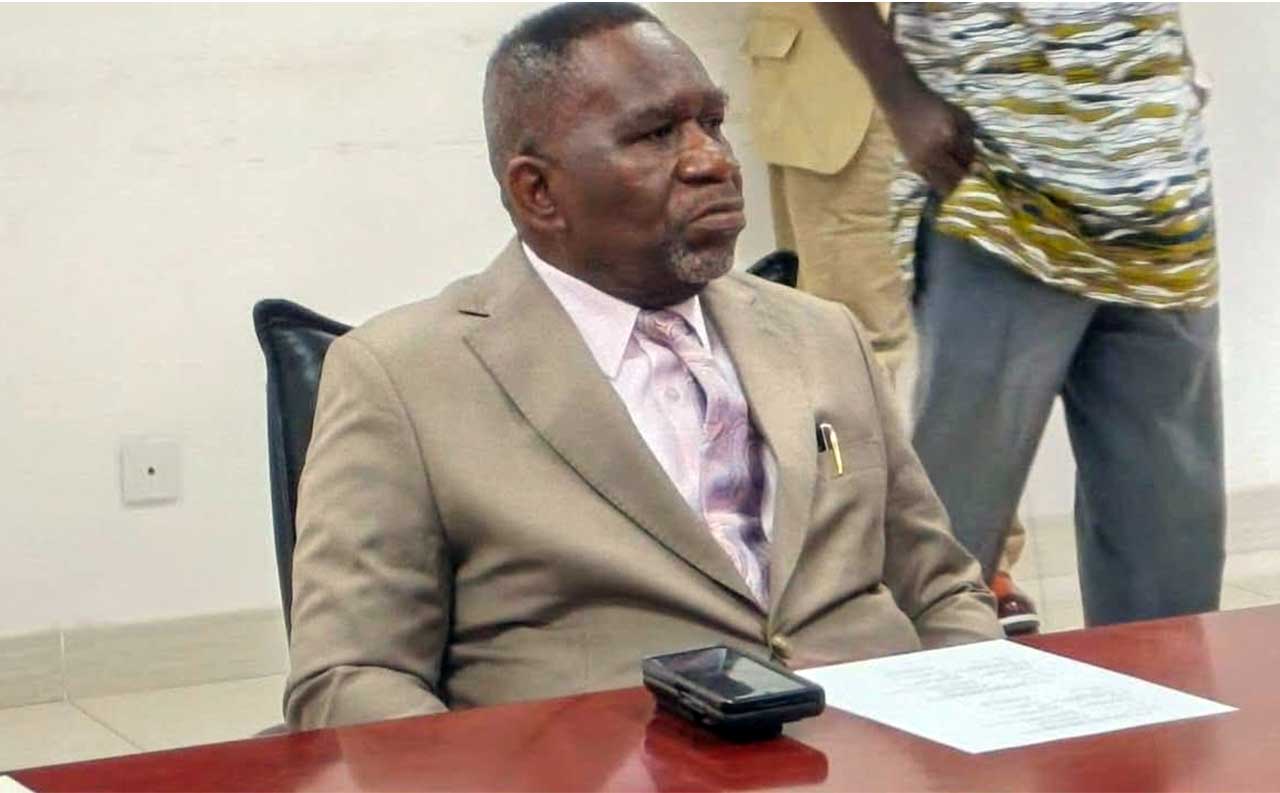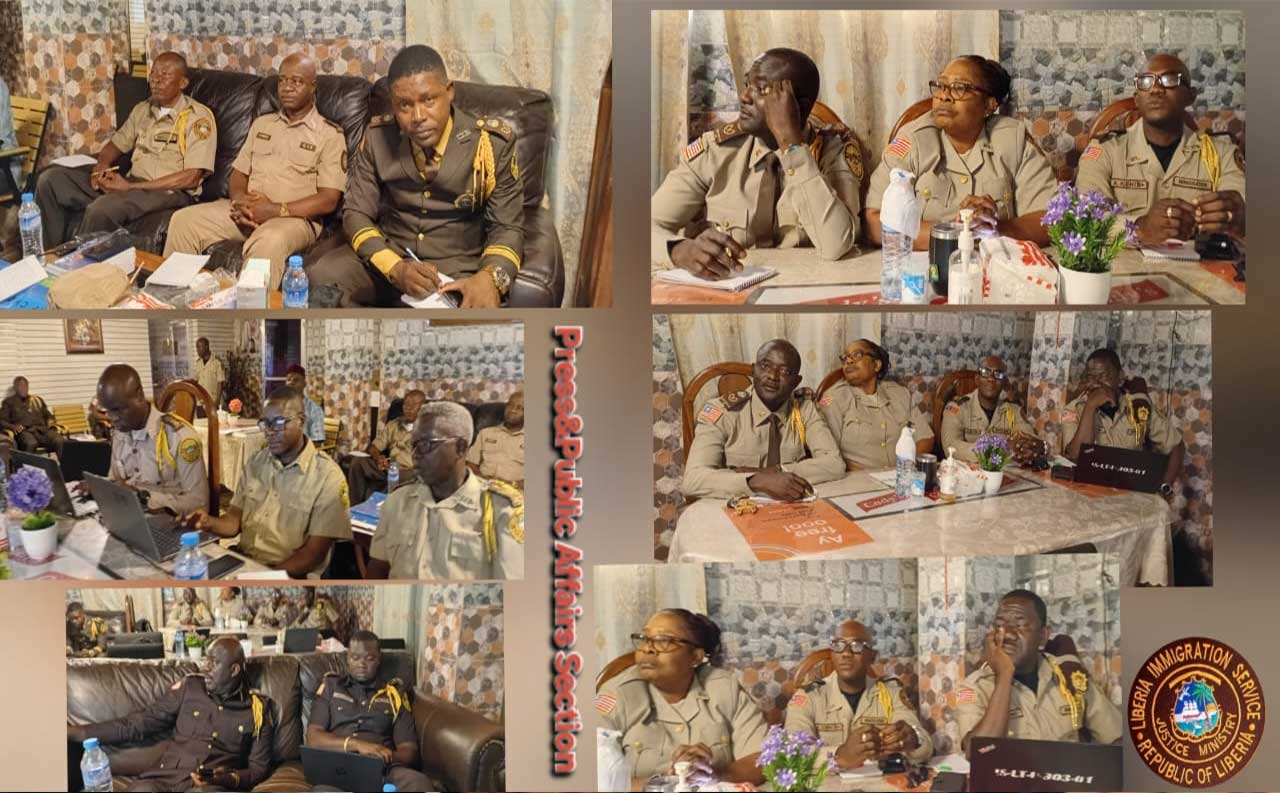A proposed third amendment to ArcelorMittal Liberia’s Mineral Development Agreement (MDA) is facing hurdles as the document remains under review by the President’s office. Critics see the third amendment as one that goes beyond the confines of a commercial agreement with a “supremacy clause” that makes AML prevails over any conflict with Liberian law.
“The whole provision risks undermining Liberia’s long-term sovereignty, and open access to the Yekepa-Buchannan railway, a key strategic transport asset,’ sources hinted this paper. It is said that AML’s draft Rail System Operating Principles (RSOPs) and amendment provisions bind user and operator, which means that AML would be granted the powers to supersede the chosen independent operator – essentially making the railway inaccessible to others.
Moreover, the amendment and RSOPs redefine AML’s entire Concession Area as a “Single Production Area”, treated as land under a Mining License.
“This grants AML the power to decide who has access to the railway and the adjacent land. If passed, the amendment will make Liberia a tenant to a foreign company within its own sovereign borders for another 25+ years,” sources closed to the discussion said. According to the document, the “Single Production Area” also extends to land access to Buchanan Port. The clause also states that expansion or third-party construction would require AML’s consent, rather than that of the National Rail Act. This grants AML the capacity to make decisions which benefit its commercial agenda, not Liberia’s.
The Third amendment implies that AML could prevent much needed and already planned regeneration and expansion projects from commencing. Despite the existence of the National Port Authority, there are concerns by those close to discussions that what goes in and out of Buchannan sits with AML, adding “If the third amendment and RSOPs pass, they will cement this status quo. This is because the reduced access to multiple users will prevent the much-needed expansion of the port’s import/export capacity. The amendment will convert port access into short–term, revocable rentals controlled by AML.”
The proposed RSOPs sustain AML’s operational control and create reversion rights – meaning AML could arbitrarily revert to a position as an “intermediary operator” with no time limit for how long it could hold this role. This is at the expense of the NRA and its chosen independent operator. The amendment also grants AML the right to screen its successor, rather than leaving that choice to the NRA to act in the interests of Liberia. Should AML’s MDA get renewed, the government is essentially giving away its power, a lawmaker noted.
AML’s amendment is said to create a contingency that allows it to remove users if they are unable to transport 5 million or more tons per annum of commodities within the first three years. “No potential user is on track to reach this level of delivery. If the amendment passes, no company looking to use the railway will want to invest in Liberia,” an insider said. AML’s amendment grants it the right to choose the sequencing of new users’ works to improve the railway. This likely means that they will not allow any prospective user to begin rejuvenation projects until all of AML’s planned works are completed.
Looking at their track-record over the last 20-years, this could cause multi-decade delays. Those who will lose out most will be the local communities of Nimba, Bong, and Grand Bassa who have expressed frustration at AML’s failure to honor its commitments under Liberia’s Social Development Fund.



